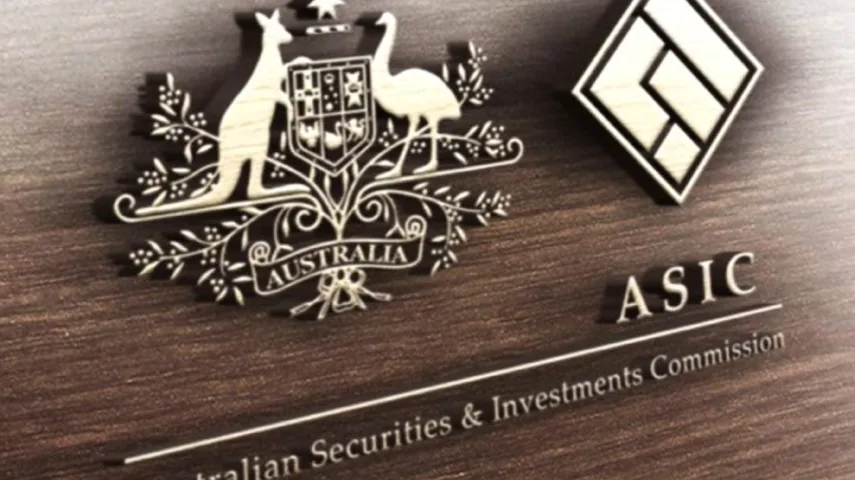How many licensees successfully filed their first IDR report?



ASIC has issued its first update since the completion of the internal dispute resolution (IDR) deadline, saying the volume of first-time submissions by licensees are “encouraging”.
Some 87 per cent of the 8,600 financial firms were required to lodge a report for the first time did so by the deadline, it said.
This deadline was initially set at 29 February but was extended to 14 March to allow time for smaller firms, who were making their first report, to complete the process successfully.
All Australian financial services licensees (AFSLs) and Australian credit licensees (ACLs) with a retail authorisation needed to submit the data which covers each complaint received by the firm made during or open during the reporting period.
The data required firms to submit their IDR data for the period from 1 July-31 December 2023 and firms had been warned of penalties if they missed the deadline.
If a firm received no complaints during the period, they must still submit a “nil submission” to ASIC confirming there are no complaints.
“The high level of compliance with this new requirement is encouraging. Firms are reminded of the need to meet this reporting requirement twice per year. ASIC will continue to engage with firms on meeting this requirement.
“Collecting, and ultimately publishing, internal dispute resolution data will give greater public visibility of where consumers may be having difficulties. It provides ASIC with an important data set to assist with regulatory decision making, and will drive firms to improve IDR practices.”
While this is the first time that small firms have had to submit the report, ASIC acknowledged firms in the first two groups (437 larger firms) account for well over 60 per cent of consumer and small business complaints made.
Recommended for you
As ASIC looks to publish firm-level data on the internal dispute resolution regime, a compliance professional has warned it could have unintended consequences, such as under-reporting.
Selfwealth’s acquirer, Syfe Group, has said the firm is hopeful of opportunities from the mass affluent population as it believes a gap exists between DIY brokerage and financial advisers.
Rose Partners, which has a strategic partnership with AZ NGA, has purchased an advisory and accounting business based in Queensland to drive its expansion.
Having already completed three major sales, Iress has announced its latest divestment following a strategic review conducted during its transformation program.















